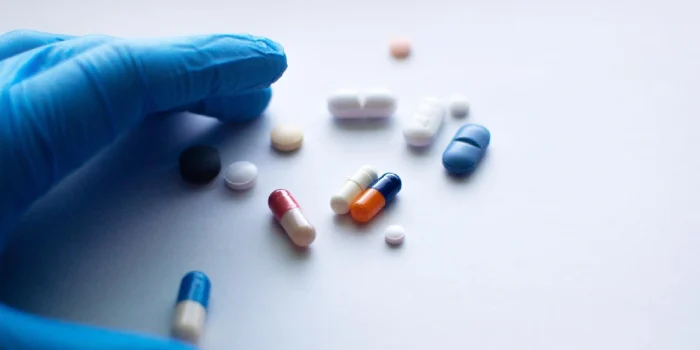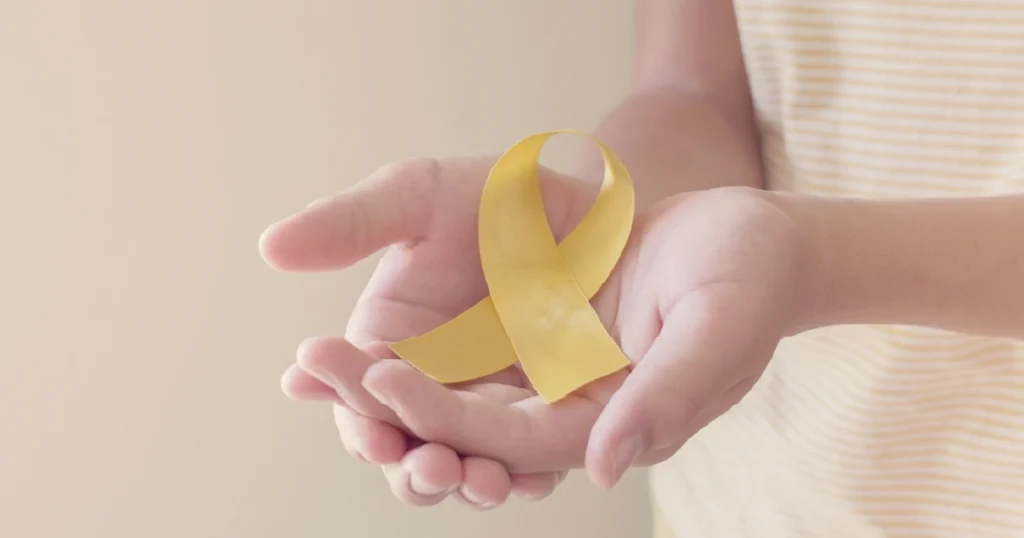Introduction
Each November, the world observes World Antimicrobial Awareness Week (WAAW)—a global campaign led by the World Health Organization (WHO) to combat the growing threat of antimicrobial resistance (AMR). The message “Antibiotics ≠ Always” reminds us that antibiotics are not the answer to every illness.
For decades, antibiotics have been among medicine’s greatest discoveries, saving millions of lives. Yet, over time, their overuse and misuse have created a global crisis. Responsible Antibiotic Use is now essential to preserve these drugs’ effectiveness and protect health under the One Health approach, which links human, animal, and environmental well-being.
But as antibiotic resistance grows and treatment options shrink, we must ask ourselves—how can we protect these life-saving medicines before it’s too late?
The Growing Threat of Resistance
Antimicrobial resistance happens when microorganisms evolve to survive exposure to drugs that once destroyed them. According to WHO, resistant infections already cause 1.27 million deaths each year and contribute to millions more [1]. If left unchecked, the toll could reach 10 million deaths annually by 2050, making AMR deadlier than cancer [2].
Beyond the human cost, AMR places a heavy economic burden on societies—reducing productivity, increasing hospital stays, and threatening the success of modern medicine. Routine surgeries, childbirth, and chemotherapy all depend on effective antibiotics. Without them, even minor infections could once again become life-threatening.
Overprescription, incomplete treatments, and the routine use of antibiotics in farming accelerate this trend. In livestock, these drugs are sometimes given to healthy animals to promote growth. Resistant bacteria from such sources can spread through food, water, and soil—making AMR a shared global threat that crosses borders and species.
Why Responsible Antibiotic Use Matters
Antibiotics treat bacterial infections, not viral ones like influenza, COVID-19, or the common cold. Yet millions of antibiotic courses are still prescribed for viral illnesses every year. This misunderstanding weakens the drugs’ power and allows bacteria to adapt.
Practicing Responsible Antibiotic Use means taking antibiotics only under medical guidance, following prescriptions precisely, and never saving or sharing leftover medication. Completing the full course is critical—stopping early gives surviving bacteria a chance to adapt and become resistant.
Understanding the difference between viruses and bacteria is vital. Viral infections usually improve with rest, hydration, and symptom management, whereas bacterial infections—like strep throat or urinary tract infections—may truly need antibiotics. Knowing when these medicines help and when they harm is the first step toward global stewardship.
How to Practice Responsible Antibiotic Use
- Consult professionals: Only take antibiotics prescribed by a doctor or veterinarian.
- Finish every course: Never stop treatment early, even if symptoms improve.
- Avoid self-medication: Do not use leftover or unverified drugs.
- Prevent infections: Hand hygiene, vaccination, and safe food handling reduce antibiotic demand.
- Support responsible farming: Choose antibiotic-free meat and dairy.
- Dispose safely: Return unused medicines to pharmacies—never flush them.
These small, consistent actions protect both personal health and the planet’s microbial balance.
Science and Innovation as Allies
Modern technology strengthens the fight against AMR. Artificial intelligence helps forecast resistance trends, and genomic sequencing traces outbreaks in real time [4]. International databases allow scientists and health systems to share data, monitor antibiotic use, and coordinate rapid responses.
Partnerships such as the Global Antimicrobial Resistance and Use Surveillance System (GLASS) and the Tripartite One Health Collaboration unite countries, veterinarians, and researchers in creating stronger defenses. Public education remains the foundation—when people understand that antibiotics are not universal cures, they become active allies in global health protection.
The One Health Perspective
The One Health perspective recognizes that AMR is not confined to hospitals. It circulates through the interconnected systems that sustain life:
- In healthcare, poor sanitation and weak infection control spread resistant bacteria.
- In agriculture, antibiotic misuse fosters resistance that transfers through food and contact.
- In the environment, pharmaceutical waste pollutes waterways and soil, altering microbial communities [3].
Coordinated policies across these sectors—human, veterinary, and environmental—are vital to prevent further spread and protect antibiotics as a shared global resource.
Conclusion
This World Antimicrobial Awareness Week, remember: Antibiotics ≠ Always. They are not quick fixes but limited resources that require care and respect.
By committing to Responsible Antibiotic Use, supporting infection prevention, and promoting One Health collaboration, we can ensure these life-saving medicines remain effective for generations to come.
References
- World Health Organization (WHO), 2023. Global Antimicrobial Resistance and Use Surveillance System (GLASS) Report 2023. Geneva: WHO. Available at: https://www.who.int/publications/i/item/B09585
- O’Neill, J., 2016. Tackling Drug-Resistant Infections Globally: Final Report and Recommendations. London: HM Government. Available at: https://amr-review.org/sites/default/files/160518_Final%20paper_
with%20cover.pdf - Bengtsson-Palme, J. & Larsson, D.G.J., 2016. Concentrations of antibiotics predicted to select for resistant bacteria: Proposed limits for environmental regulation. Environment International, 86, pp.140-149. Available at: https://pubmed.ncbi.nlm.nih.gov/26590482/
- Laxminarayan, R., Sridhar, D., Blaser, M., Wang, M. and Woolhouse, M., 2020. Achieving global targets for antimicrobial resistance. Science, 367(6475), p.eaaw9256. Available at: https://doi.org/10.1126/science.aaw9256













